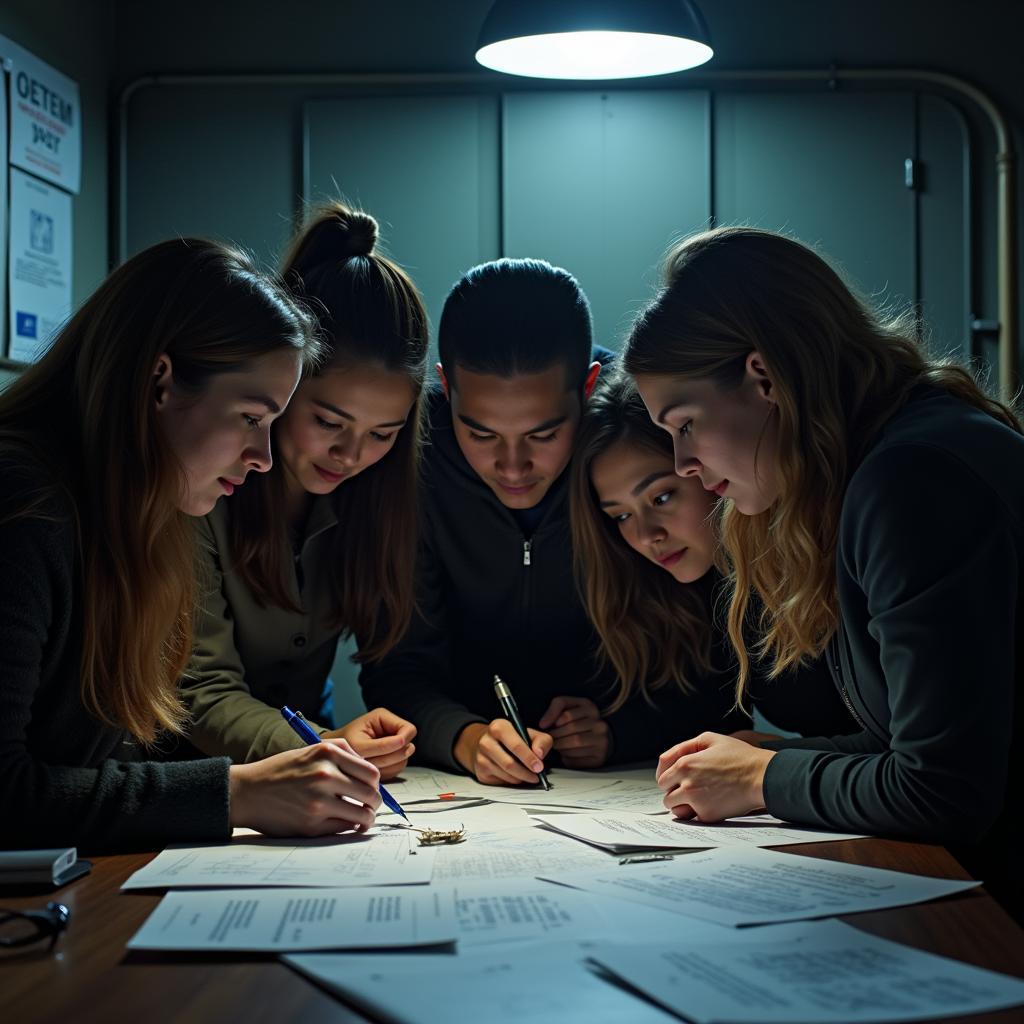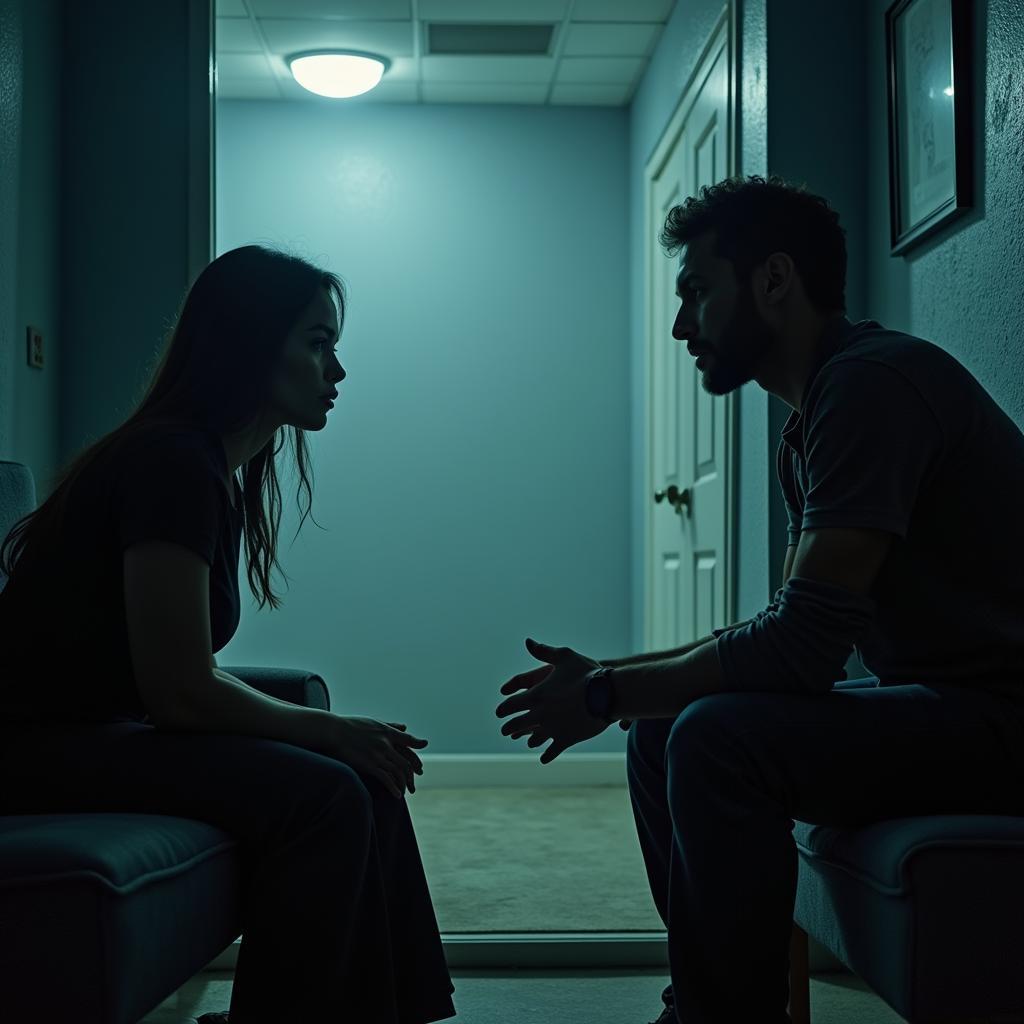Intersectional Research, a term gaining traction across academic disciplines, offers a powerful lens for examining the complex interplay of social identities and systems of power. But what happens when we apply this approach to the enigmatic realm of paranormal research? Prepare to delve into the fascinating intersection of social dynamics and unexplained phenomena as we explore how intersectional research can enhance our understanding of the paranormal.
Unpacking the Paranormal: A New Perspective
For too long, paranormal research has often overlooked the influence of social factors on reported experiences.  Intersectional Paranormal Research Traditionally, investigations have focused on isolating and analyzing individual events, often neglecting the broader context in which these events occur. This is where intersectional research comes in, urging us to consider how aspects like gender, race, class, sexual orientation, and ability might shape both paranormal experiences and our interpretations of them.
Intersectional Paranormal Research Traditionally, investigations have focused on isolating and analyzing individual events, often neglecting the broader context in which these events occur. This is where intersectional research comes in, urging us to consider how aspects like gender, race, class, sexual orientation, and ability might shape both paranormal experiences and our interpretations of them.
Beyond the Surface: How Social Identities Shape Perception
Imagine a haunting, for instance. Is the entity perceived as benevolent or malevolent? Could cultural beliefs about gender roles, passed down through generations, influence how witnesses perceive the spirit’s intentions? Institute for Research on Male Supremacism What if the reported activity aligns with local folklore specific to a particular ethnic group? By examining these nuances, intersectional research encourages a more comprehensive understanding of paranormal phenomena.
The Power of Diverse Voices: Amplifying Marginalized Experiences
Furthermore, intersectional research acknowledges that not all voices are heard equally in discussions of the paranormal. Historically, marginalized communities have often been excluded from mainstream research or have had their experiences dismissed or misrepresented.
Consider the narratives surrounding psychic abilities. In certain cultures, women have long been associated with intuition and spiritual connection. Yet, within a patriarchal framework, these same abilities might be labeled as witchcraft or superstition, perpetuating harmful stereotypes and silencing women’s voices. Barnard Center for Research on Women Intersectional research challenges these biases by centering the experiences of those often relegated to the margins.
Navigating Ethical Terrain: Sensitivity and Respect
Embracing intersectional research in paranormal investigation also demands a heightened awareness of ethical considerations. When dealing with sensitive personal experiences, researchers must prioritize informed consent, confidentiality, and cultural sensitivity.  Ethical Paranormal Investigation It is crucial to approach each case with empathy and respect, recognizing the potential for past traumas or systemic oppression to influence an individual’s interaction with the paranormal.
Ethical Paranormal Investigation It is crucial to approach each case with empathy and respect, recognizing the potential for past traumas or systemic oppression to influence an individual’s interaction with the paranormal.
Intersectional Research: A Catalyst for Deeper Understanding
In conclusion, integrating intersectional research into the field of paranormal investigation is not simply about ticking boxes on a diversity checklist. It is about fundamentally transforming how we approach the unknown. By acknowledging the multifaceted nature of human experience and the pervasive influence of social structures, we can unlock new avenues of inquiry and gain a more profound understanding of the unexplained. Research on Equity As we move forward, embracing this approach will be paramount to conducting responsible, insightful, and truly inclusive Paranormal Research.